THE GIFT OF TIME
Celebrating our volunteers
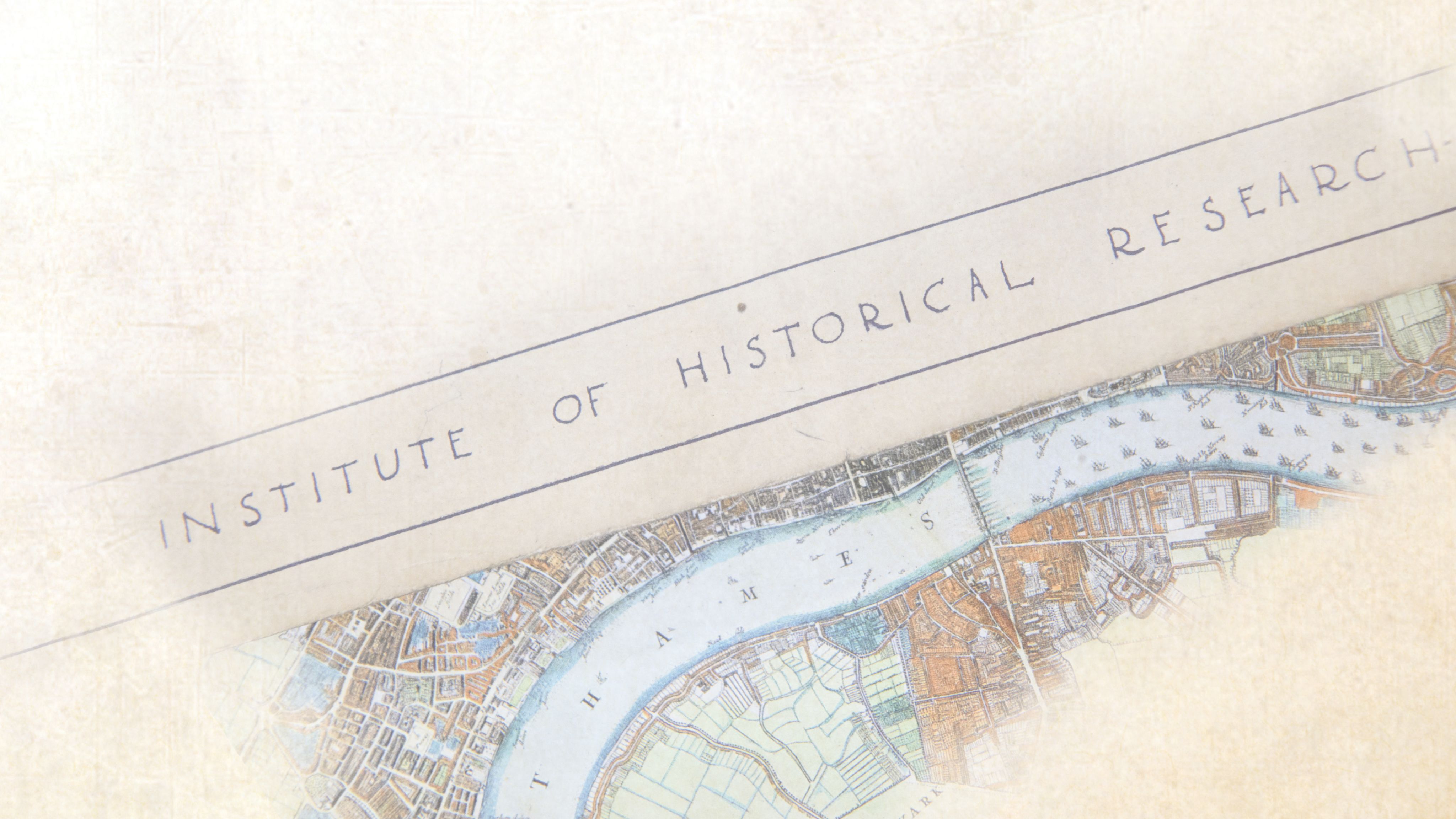
Dr Elisabeth Kehoe has generously supported the
University and Institute of Historical Research in a
number of ways since completing her PhD in 2002. Elisabeth is an author and a Senior Research Fellow at the Institute of Historical Research. Here she tells us why supporting higher education and giving back is so important to her.
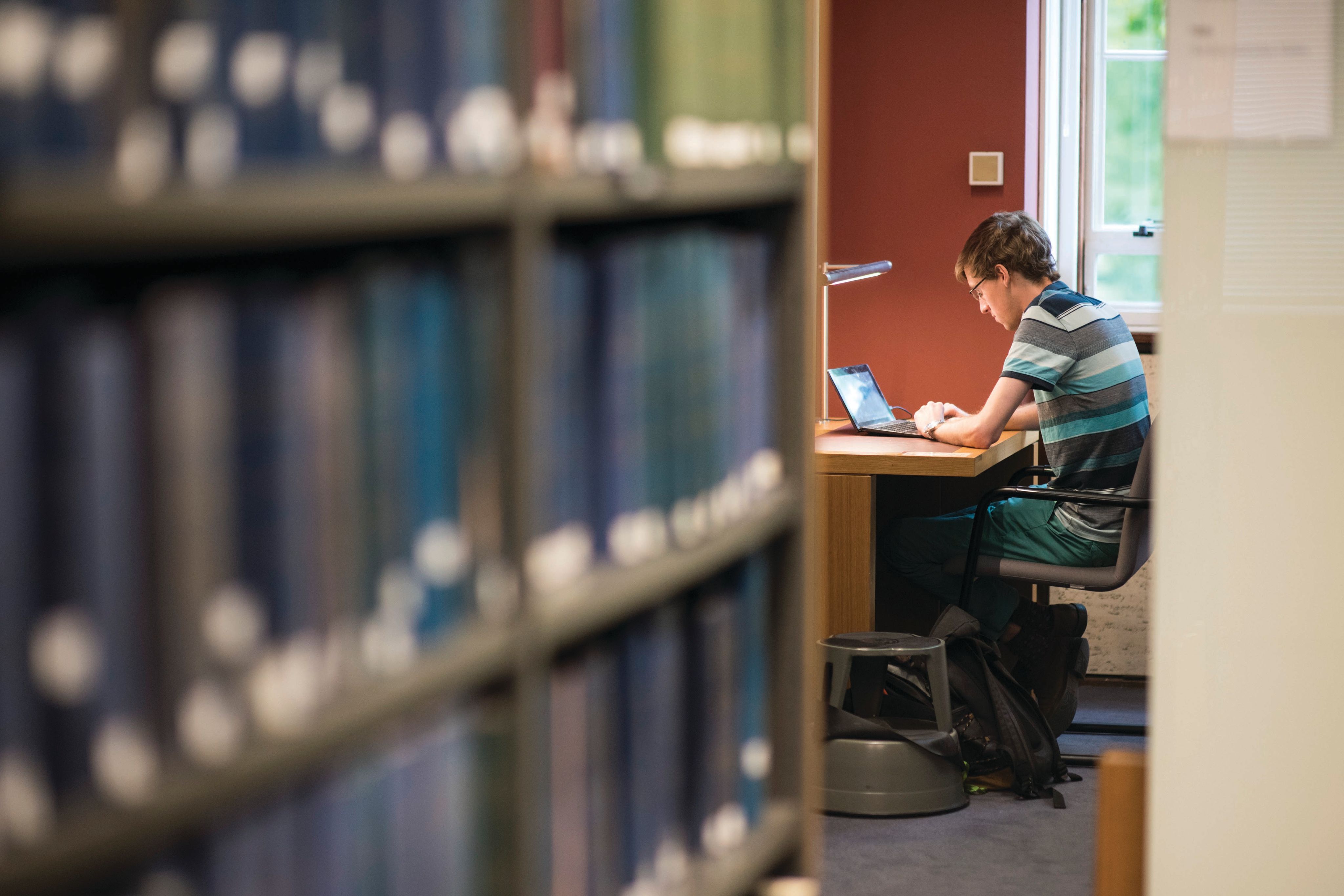
You have generously supported the University by volunteering your time in a number of roles. Most recently you have taken on a role on the Library’s Fundraising Advisory Group. Why do you choose to support the University in this way?
I am great believer in supporting education at every level, and in broadening the access to tools that provide learning opportunities for students and any others with an interest in discovering more about the world around them. Renewing the access and reinvigorating the offer made by the University and, within it, the Library, is such an important goal that will have tremendous benefits. I am very excited by it, and delighted to help.

“People are the inspiration and the heartbeat behind everything that the IHR, and the University, stand for.”
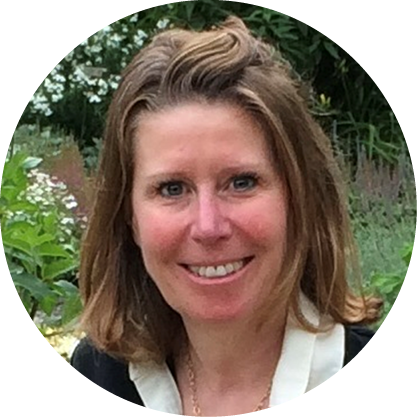
Dr Elisabeth Kehoe
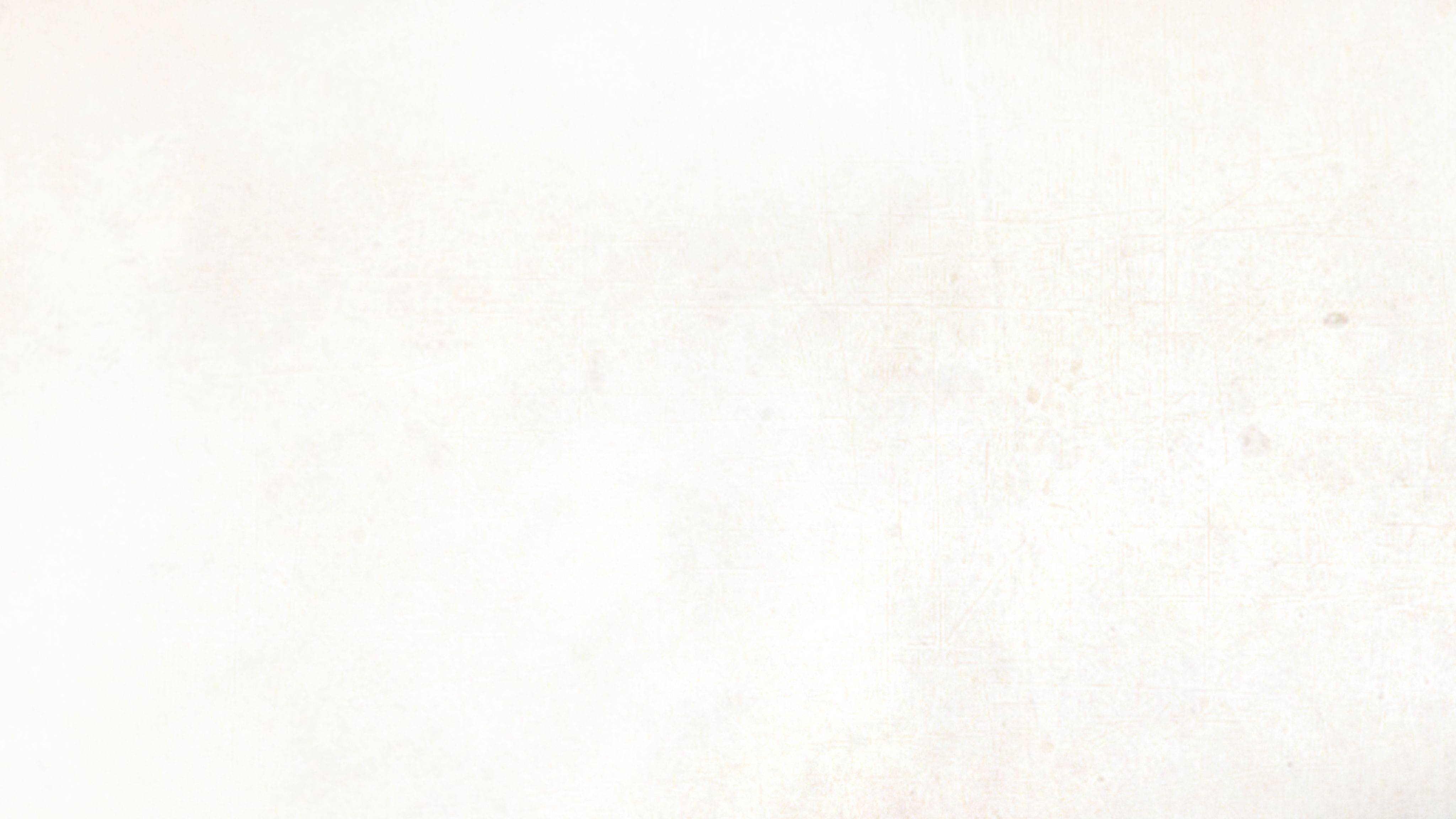
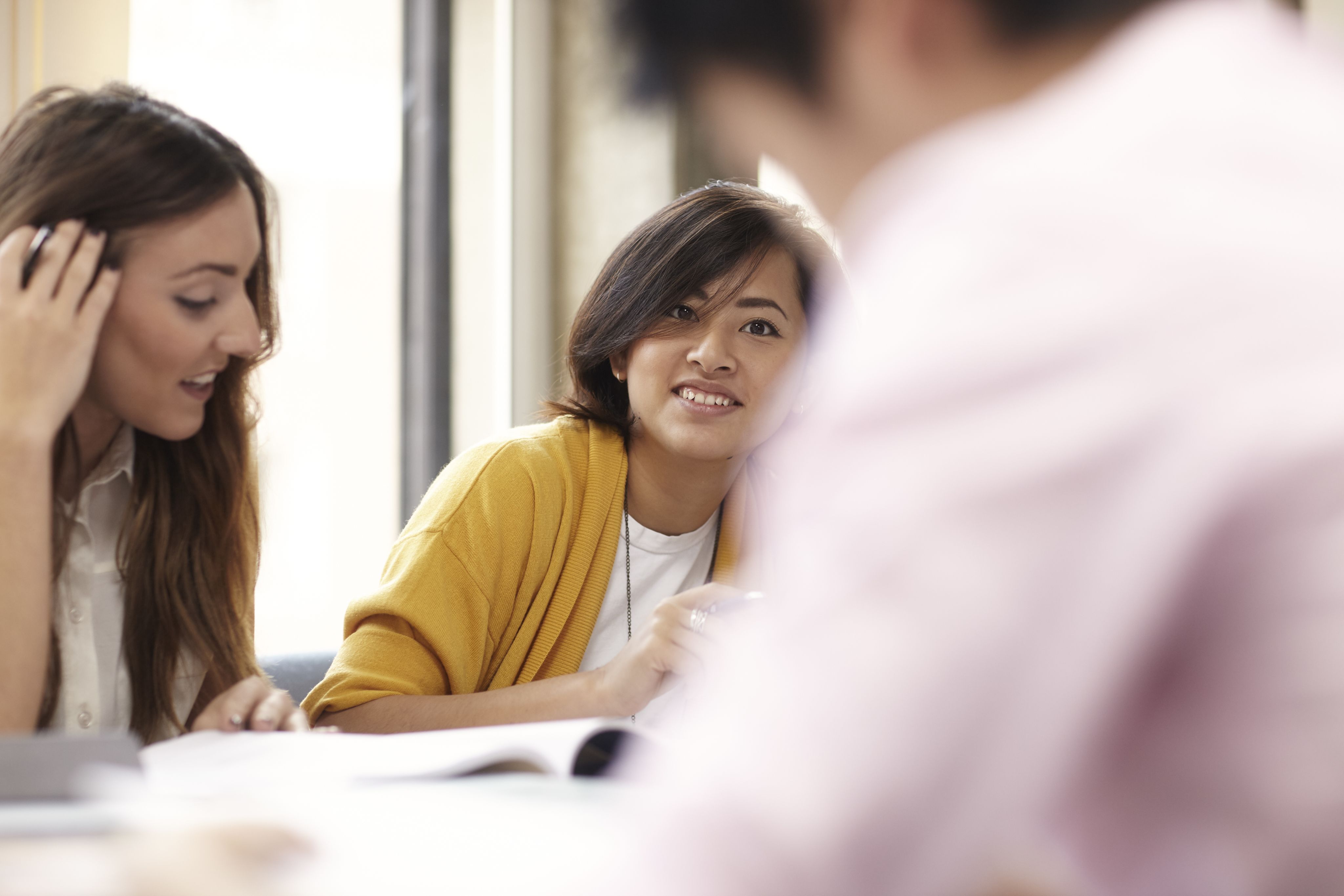
What do you hope your contribution to the Library’s Transformation Programme will achieve?
I hope that I am helping the team to focus on connecting the collections and materials with individuals and institutions of many kinds to collaborate on making the Library the finest that it can be. I see this as a brilliant opportunity to initiate and continue a dialogue between the University, and the communities around us. There is so much richness in what is on offer and available at the Library, and we will all benefit by bringing together the best in class of modern technology with the wealth of the past.

You have a long and varied history with the University, having started your journey as a PhD student at the Institute of Historical Research. Why have you chosen to stay connected to the Institution in the way that you have?
People are the inspiration and the heartbeat behind everything that the IHR, and the University, stand for. Working with talented individuals whose passion and energy drive these demanding and creative projects is both extremely challenging and fulfilling. I believe that just as we historians try to add our own research piece to the larger puzzle, so each individual adds their own unique perspective to the bigger puzzle that is the University story.
Do you have any advice for our newest alumni: those who may have graduated in recent years?
I feel passionately that it is important to keep up with the constantly changing world around us. Historians must, by necessity, bury ourselves in the past, but the lens through which we understand data has to be incessantly refined and questioned. It doesn’t make for an easy existence, but it keeps the mind sharp and curious – essential for any thinker.
“It is important to support and to inspire. A lecture series is a great way to share knowledge and scholarship.”

What is your favourite memory from your time with the University?
My absolutely happiest time at the University was writing my PhD, sharing a Fellows room with other Research Fellows. Sharing our (rare) small triumphs and (many) woes was a solace and we had so many laughs. Chocolate was our shared language to celebrate and commiserate. They were the good old days!
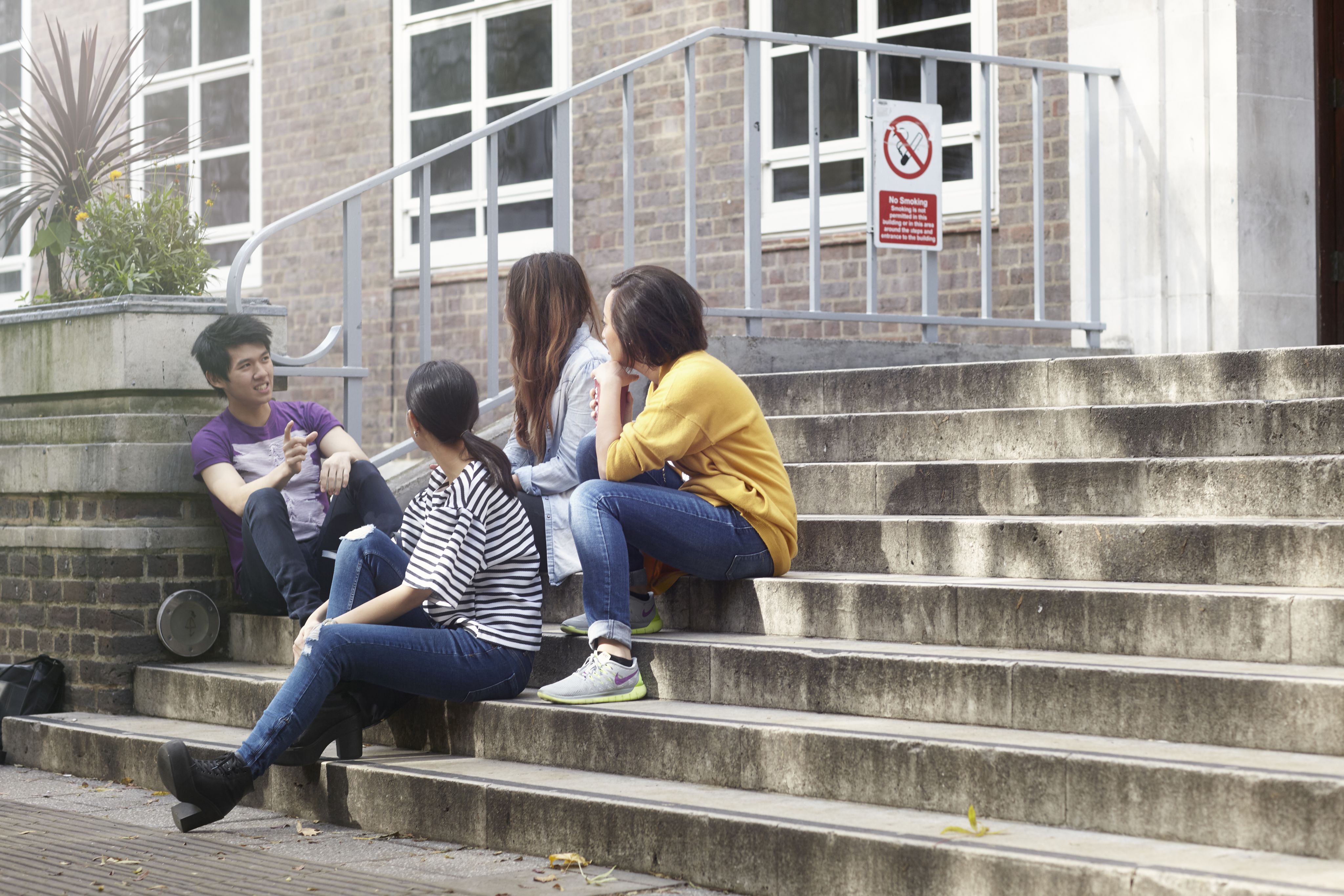
You have also previously supported the Institute of Historical Research by funding the Kehoe Lecture at the Institute. What motivated this support?
It is important to support and to inspire. A lecture series is a great way to share knowledge and scholarship. My family and I are hugely interested in Irish history and I know and admire many historians in the field. This was a great opportunity to bring some outstanding historians to the IHR to share their fascinating work.
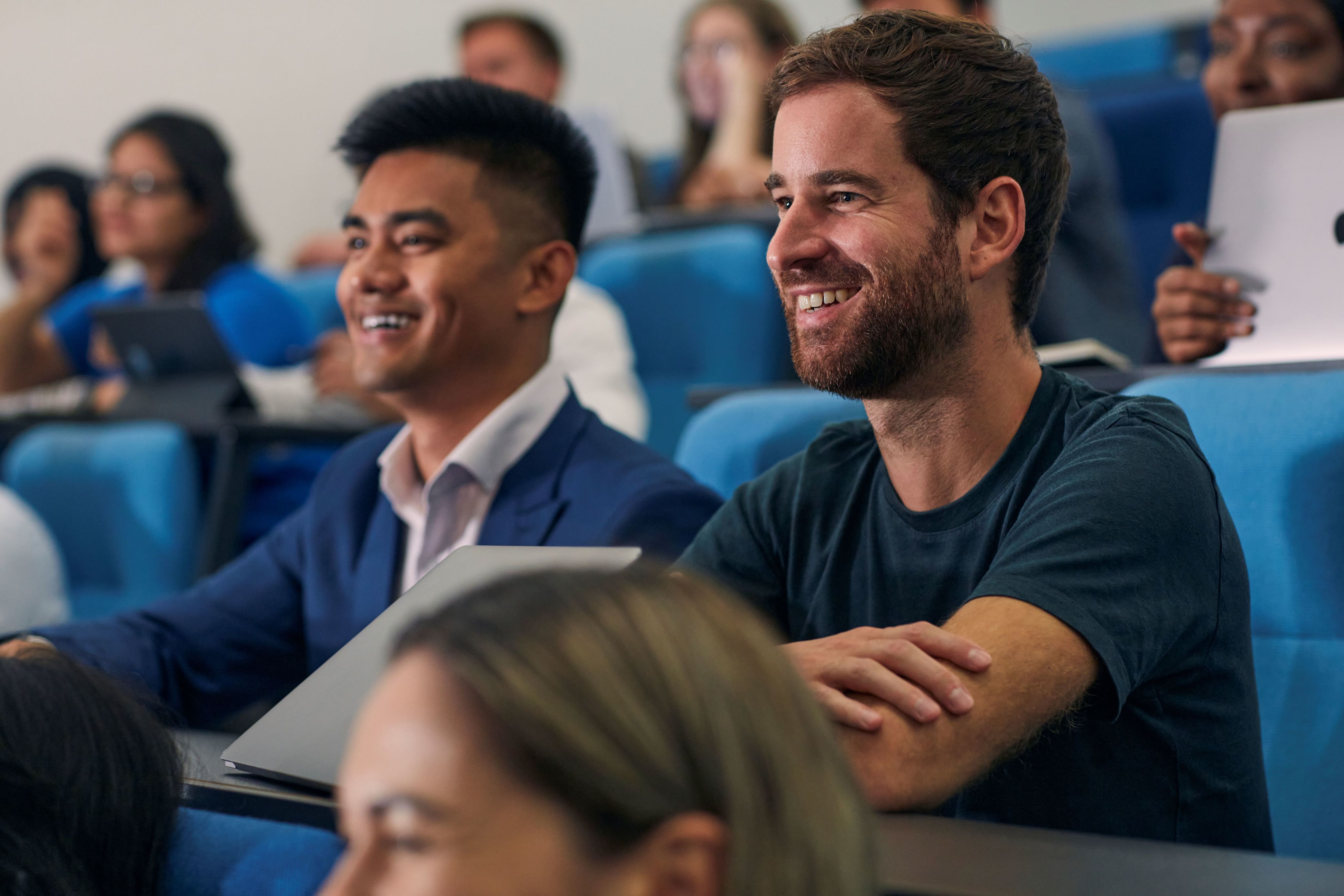



Thank you to all those who have generously given their time to the University in 2022–2023. To find out more about how you can support the work of the University through volunteering, please email: development@london.ac.uk
